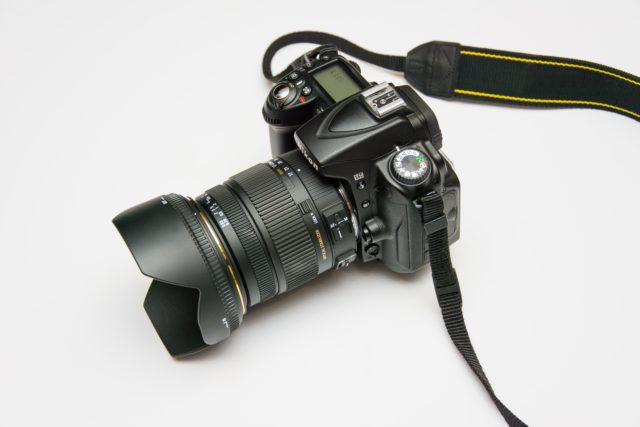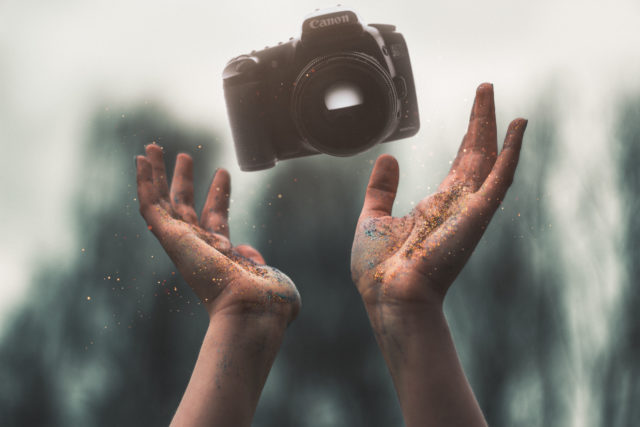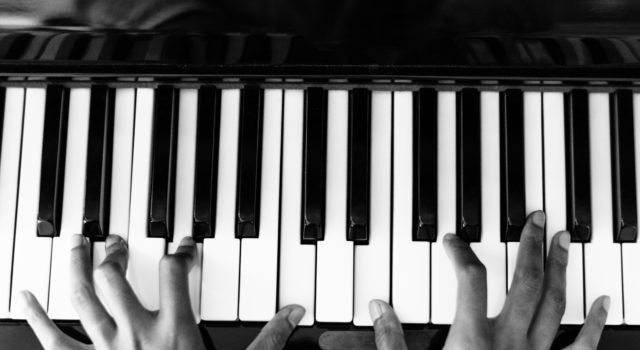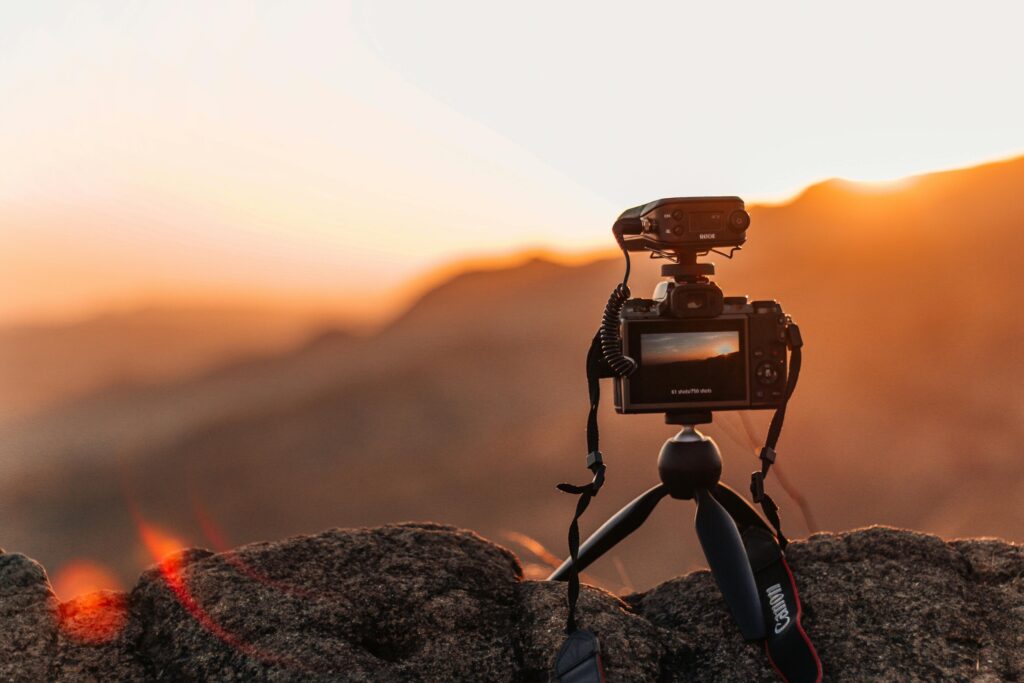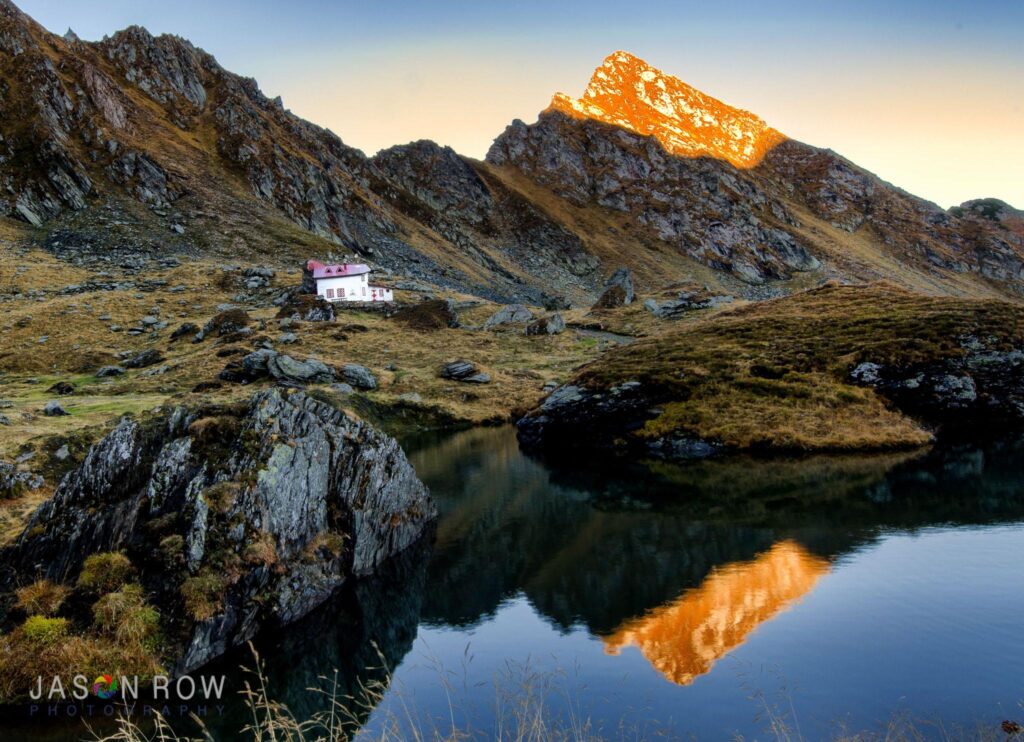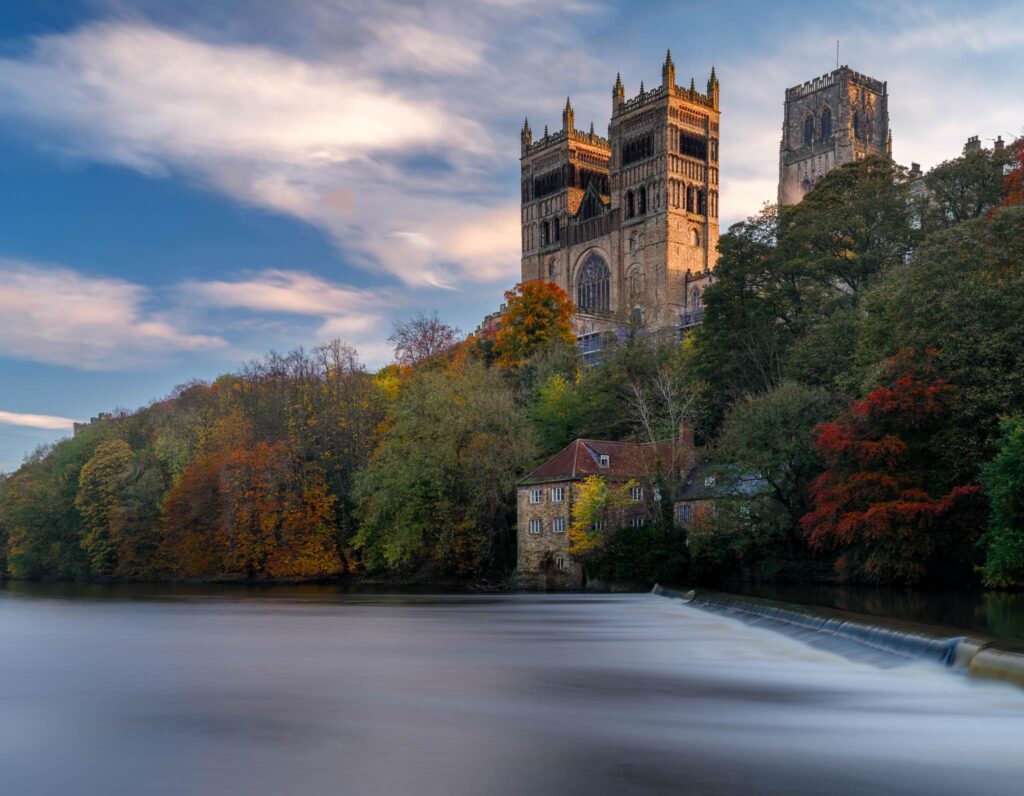Photography presents numerous challenges and frustrations to all those who take the craft seriously — and by taking it “seriously” I’m not referring exclusively to people who get paid for their work, but to anyone who cares enough about their creative output to consistently put forth the time and effort required to elevate their work.
This compulsion for steady improvement is perhaps supreme among the many challenges a photographer faces. Hurdles like difficult clients and unfavorable working environments are external in origin and, at worst, can be abandoned or ignored (though not typically recommended solutions).
The drive to improve as a photographer is internal and it is much more difficult to ignore the dreadful nagging of your psyche, constantly questioning how you can improve your photos.
Unfortunately, too many photographers answer this question with new gear. There certainly are times when a new lens or even something as small as a new camera strap can either provide the technical edge you need or simply inspire you to shoot more. But in the context of the way in which people tend to use the word “better,” better photos aren’t really the result of acquiring new things.
Below you’ll find 4 ways to improve your photos without buying new gear.
Get Better Acquainted With Your Gear
Ask yourself if you’re using your camera to its full potential. Do you know all the little tips, tricks and hacks to get the most out of your camera? New photographers often have a cursory understanding of their gear — they know the basic modes and features but fail to dig deeper.
There’s likely more to your camera than you realize. You need to spend lots of time with your camera to know everything you can do with it. Each time you make a new discovery, it’ll feel sort of like you’ve acquired a new camera.
Appreciate What You Have
Because what you have will probably get the job done. There are photographers making great portraits with 15-year-old 12-megapixel cameras, and beautiful landscapes with mobile devices, and stunning macro photos with a 50mm lens and a set of extension tubes.
If you’re not totally familiar with everything your current gear is capable of, take a look around any photo sharing site or photography forum and you’ll find scores of photographers using the same (or similar) gear for the same purposes you’re interested in. Learn from them and be inspired by them.
And know that, almost without exception, whatever you’re trying to accomplish can be done with what you have.
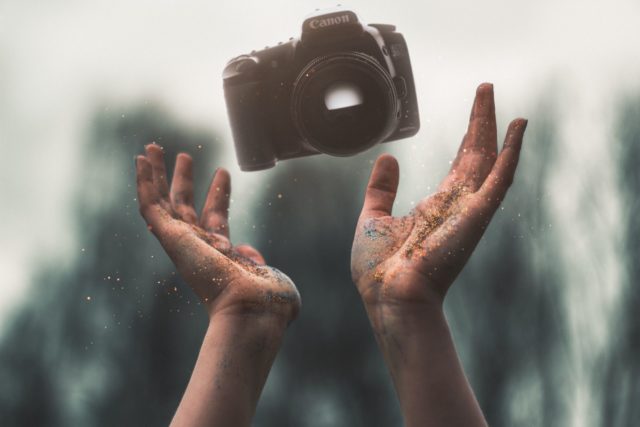
Reacquaint Yourself With The Fundamentals
A good photo, considered on its own merits, has little (or nothing) to do with gear. If this weren’t true, we wouldn’t continue to revere the work of photographers who lived in a time when they were at a comparative technological disadvantage.
I know it’s easier said than done, but if you want to improve your photography you have to practice — practice what you already know, practice what you’re not great at, learn a new skill and practice that.
You’ll probably find that much of what you’re practising revolves around basic stuff — light, composition, storytelling.
Perhaps not so basic once you start encountering gaps in your skillset. The more time you spend growing your creativity, the less you’ll worry about which new camera you should buy next.
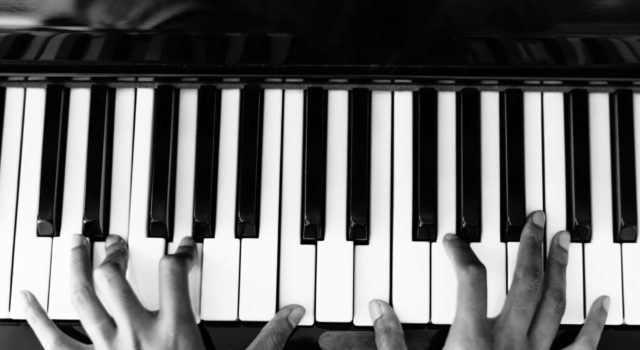
Visualize What You Want
Now that you know that your gear is capable of much more than you previously gave it credit for, and you’ve committed yourself to strengthen your fundamental skills, you can spend some time imagining the photos you’d like to make.
Don’t just visualize the final photo, also visualize everything that will lead up to the creation of the photo — the time of day, weather conditions, subject matter, composition, so on and so forth.
Reality won’t always match your visualization, and that’s perfectly fine — the effort you put into it will still result in a great photo. Ultimately, the point is to get yourself into a creative headspace in which your camera — regardless of what camera — becomes an extension of you.
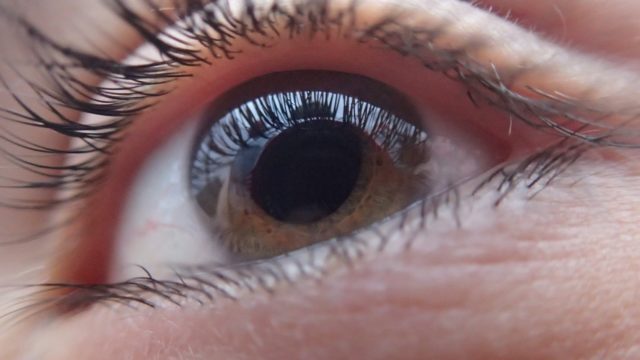
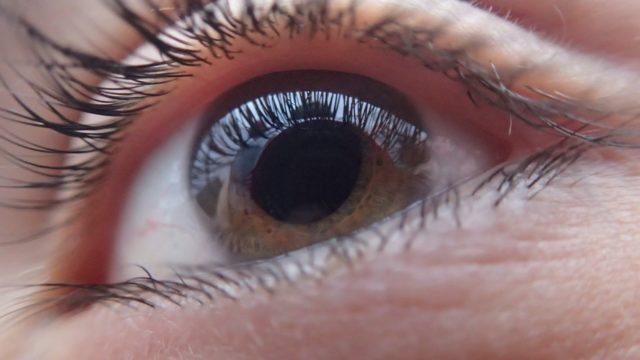
Final Thoughts
Gear matters, yes, but only as much as you allow it to. If you’re frustrated by what you perceive as creative stagnation, new gear is going to be the least effective remedy. It really is all about the photos, and once you’ve figured out ways to capture the photos you want, gear will become an afterthought.
